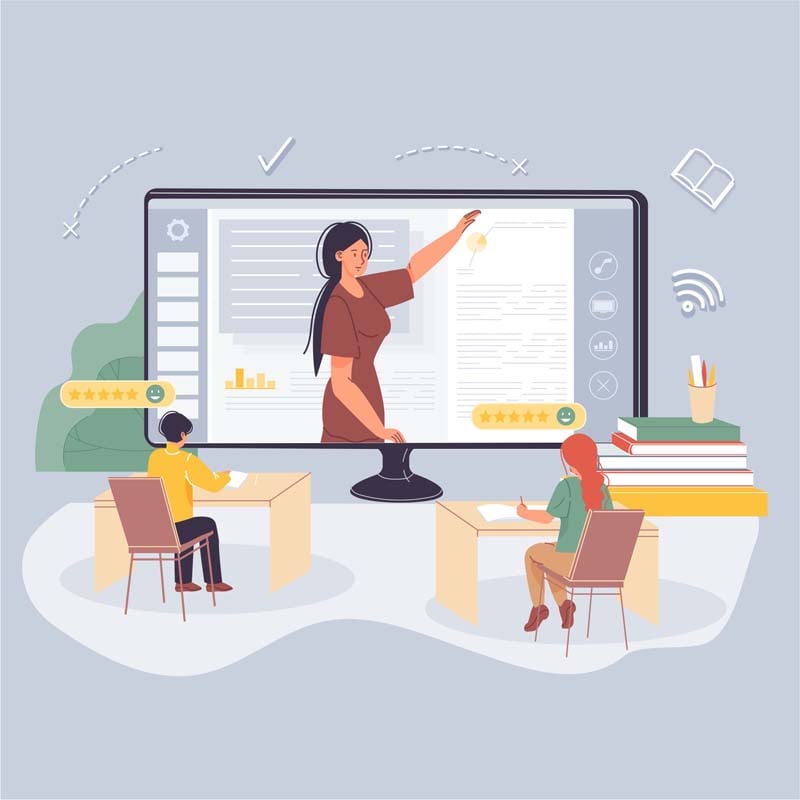If you can speak you can influence,
If you can influence you can change lives’
English, being the Universal language, plays a crucial role in communication and is no doubt the foremost and most important tool of communication all over the world.
It is often noticed that people’s competence is judged by their fluency in spoken English. Communicating in good English also boosts up peoples ‘confidence level. There are hundreds of institutions promising to teach fluency in English within a short period. But I firmly believe fluency in English is not developed within a short period unless some concrete measures are taken and followed consistently.
TIP 1: SET A GOAL AND CREATE A LEARNING STRATEGY
Let’s say you currently have a basic level in English. Great! This is a good level to have. However, your goal should be to have a higher level by a certain date.
For example, you can say: “I want to have a level up in English within 9-12 months.” This goal is specific and has a deadline. The goal should be attainable but ambitious.
If you make it unrealistic, you’ll give up soon. If you make it too easy, you won’t see any progress and that isn’t exciting. Again, you’ll give up. Now that you have your goal, it’s time to create your learning strategy. This consists of the following:
- How much time you spend learning English per day/week?
- What do you do in order to learn it?
You need to get both of these areas right.
TIP 2: LEARN ENGLISH EVERY DAY (2 WAYS)
Now that you have your goal, it’s time to create a strategy. This starts with the commitment to doing something in English every day. Why every day?
Because of the following reasons:
- It’s what you need to do if you want to learn English fast.
- It gets you into the habit of doing something in English.
- Repetition and sleeping over it is powerful.
You can’t expect to improve quickly, if you only attend language classes twice per week. The world has changed too. We can now access unlimited resources to aid us with our learning. Daily practice is a fantastic habit. Split your time up into the two types of learning (tip 3 and 4) so that even on days when you don’t feel like doing something, you still do it.
TIP 3: SURROUND YOURSELF IN ENGLISH (WARNING!)
Create the perfect English-learning environment.
You’ve probably heard others saying this before, right? Listen to things in English. Read things in English. Watch things in English. And there’s a good reason why so many people recommend this because it works. Doing things in English will help you reach fluency faster. However find resources that are right for you.
Many learners ask, how can I understand movies in English? I understand the desire to watch them. But if you don’t understand them, you won’t enjoy them. If you don’t enjoy them, you’ll stop watching them.
What’s the answer then?
Find TV shows, podcasts, songs, books, and anything else that is suitable for you. Use this criterion:
- Is this suitable for my level?
- Am I interested in it?
- Am I going to learn the type of English that I want/need to learn?
TIP 4: USE POWERFUL LEARNING METHODS SO THAT YOU IMPROVE QUICKLY
Now that you have a goal, a commitment to learn every day, and you are surrounding yourself in English, what’s next?
Deliberate practice. What is deliberate practice? It’s where you focus on improving something specific by following a strategy that is specific to you.
TIP 5: START USING THE TF METHOD TODAY
The ‘To Fluency’ Method (also known as the LRRC Method) is a simple way to improve your speaking, grammar, and vocabulary. It works like this:
- Listen to a sentence.
- Repeat the sentence and record yourself saying it.
- Listen to your version and the original.
- Make changes to the way you say it and try it again.
- Repeat this exercise. The more you do this, the easier it will be for you to spot differences.
TIP 6: LEARN THE ENGLISH YOU NEED TO KNOW (80/20 RULE)
We’ve talked about this briefly but this needs its own tip! Focus on the type of English you need to know – the type of English you are going to use. You can think about this in two ways:
- When surrounding yourself in English, choose topics that are for you.
- When practicing deliberately, focus on the right type of language.
This is how you can become a more effective English language learner.



.jpg)





.jpg)









